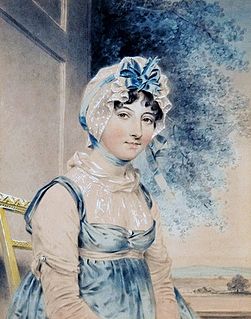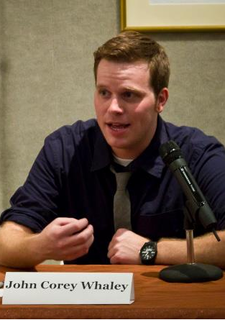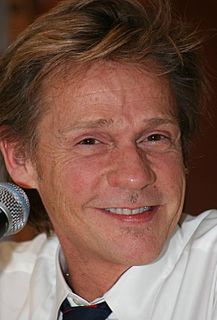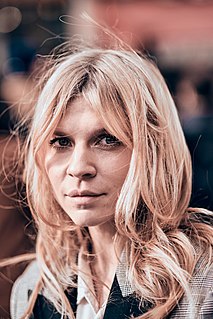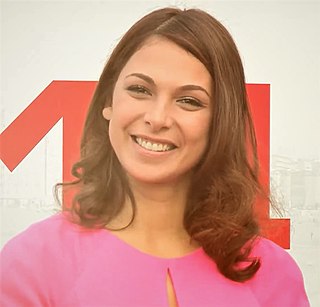A Quote by Geraldine Brooks
I'm very, very leery of nonfiction books where they change timeframes and use - what do they call those things? - composite characters. I don't think that's right.
Related Quotes
As I started to read nonfiction in the mid '70s, I discovered, holy cow, there was a lot of imaginative nonfiction. Not the kind where people use composite characters and invented quotes. I hate that kind of nonfiction. But imaginative in the sense that good writing and unexpected structure and vivid reporting could be combined with presenting facts.
The good things at the U.S. health care system are that we have a well-trained labor force, particularly physicians; I don't think any nation trains doctors better. We have the latest technology, simply because we throw so much money at it. We are really technology-hungry in this country. That's a good thing. Our system more treats patients like customers, which is a good thing; that it's very customer-friendly. And it's very innovative, both in the products we use, in the techniques we use and the organizational structures we use. Those are all very good things, highly competitive.
I believe in truth-telling. So let's call it what it is. It's very troubling to see people like Bannon who make anti-Semitic remarks, who has a very checkered past be sitting next to the president of the United States. It puts an absolute responsibility on all of us to call it the way we see it and not use expressions like "alt-right."
I think, when I'm writing, I have a more clinical view than I do when I'm reading. I like pretending to be God and basically determining the fate of my characters. But as a reader, I'm a sucker. I'm very sentimental. I get upset when people that I like die. And yet I have killed off characters in my books quite heartlessly, and sometimes found that readers were very upset by it.
I write fiction longhand. That's not so much about rejecting technology as being unable to write fiction on a computer for some reason. I don't think I would write it on a typewriter either. I write in a very blind gut instinctive way. It just doesn't feel right. There's a physical connection. And then in nonfiction that's not the case at all. I can't even imagine writing nonfiction by hand.
I read a ton of nonfiction. I tend to read about a lot of very extreme situations, life-or-death situations. I'm very interested in books about Arctic exploration or about doomed Apollo missions. I tend to read a lot of nonfiction that's sort of hyperbolic and visceral. And then I kind of draw on my own personal experiences and my own sort of generic life experience, and I kind of try to feed my day-to-day reality that I have with sort of high stakes reference points that I read about. They're things everyone can relate to.
The books I made, most of those books were made in the '80s or early '90s. I was reacting emotionally at that time; it wasn't an intellectual thing. I didn't make those things for public presentation; those were for my friends. So I wasn't doing this to be an advocate for what I'm talking about right about now. But I'm realizing I was working properly as an artist, or whatever you want to call it, as somebody that naturally was inquisitive.
It was actually books that started to make those pockets of freedom, which I hadn't otherwise experienced. I do see them as talismans, as sacred objects. I see them as something that will protect me, I suppose, that will save me from things that I feel are threatening. I still think that; it doesn't change. It doesn't change, having money, being successful. So from the very first, if I was hurt in some way, then I would take a book -- which was very difficult for me to buy when I was little -- and I would go up into the hills, and that is how I would assuage my hurt.
I like complex characters. I've been very, very lucky to portray, in these past three years, characters that are strong and fragile at the same time. It's those characters that I'm looking for. In the last year and half I played three different religions, and that allowed me to educate myself so much.




